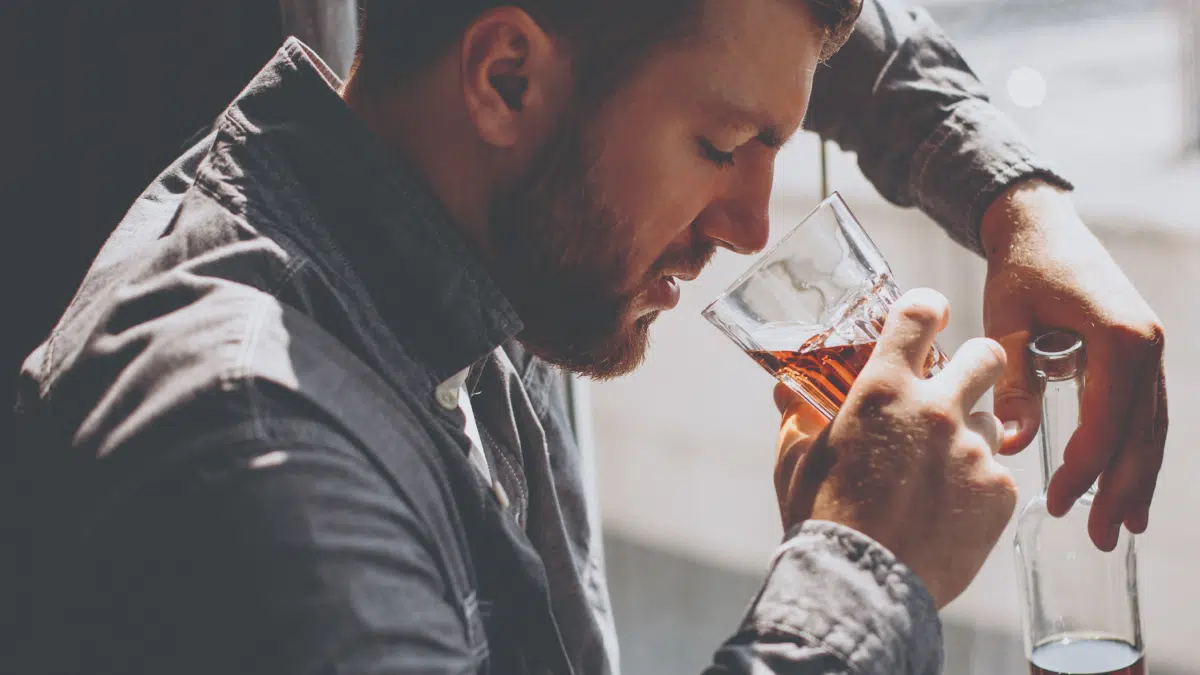
How to Safely Detox From Alcohol
Learn the safe ways to detox from alcohol with The Recovery Team. We offer tips and tricks so you can live a life free from addictions.

At The Recovery Team, we believe that group therapy can be an effective tool for fostering a sense of community, empathy, and self-awareness. By participating in group therapy, you can gain insights from others going through similar experiences and develop new skills and coping strategies to help you thrive.
Led by licensed therapists who specialize in addiction and mental health treatment, our group therapy sessions offer evidence-based techniques and approaches tailored to your unique needs.
Whether you are seeking support for substance abuse, trauma, anxiety, or depression, our program is designed to provide you with the tools and resources needed to help you overcome these challenges.
Our compassionate and dedicated team is here to help you achieve lasting change and support you every step of the way.
In group therapy sessions, people are encouraged to share their experiences, thoughts, and feelings in a confidential and non-judgmental space. By listening and learning from others, participants can gain new insights and perspectives that can help them recover.
Additionally, therapy groups can provide a sense of community and support, which can be particularly beneficial during challenging times.
Group therapy is designed to be compassionate, effective, and tailored to each individual’s unique needs.
The ultimate goal of group therapy is to help individuals achieve lasting change, overcome their addiction or mental health issues, and live a happier, healthier, and more fulfilling life.
Individuals can expect to participate in regular sessions led by licensed therapists specializing in addiction and mental health treatment.
Therapists may utilize a range of evidence-based techniques and approaches, such as cognitive-behavioral therapy, mindfulness, and motivational interviewing, to help group members develop new skills and coping strategies to overcome their addiction or mental health issues.
Group therapy programs at our rehab center cater to individuals’ unique needs and can take different forms, including psychoeducational, support, skills development, process, experiential, and 12-step groups. Therapists recommend which program is most suitable based on an individual’s assessment.
Group therapy sessions provide individuals with a safe and supportive space to connect, learn, and grow alongside others who are facing similar challenges.
This type of therapy offers several benefits, including increased self-awareness, personal growth, and enhanced coping skills.
Our therapy programs promote empathy and self-reflection, helping individuals better understand themselves and others.
This therapy can give individuals a sense of accountability and a supportive community.
It is often a cost-effective alternative to individual therapy.
Group therapy can help individuals improve their social skills, reduce feelings of shame and stigma, and receive long-term support after completing formal treatment.
Despite some doubts about its effectiveness, group therapy is an evidence-based treatment with numerous benefits. In fact, it is considered a fundamental part of a treatment program and is the preferred method for building support groups and a culture of acceptance.
Respected organizations such as the American Psychology Association and The National Institutes of Health wholeheartedly endorse group therapy and its successes. Research indicates that group therapy can help individuals develop coping skills, promote personal growth, and provide support and accountability, leading to lasting change.
As a result, group therapy is widely recognized as an effective tool for individuals seeking treatment for addiction or mental health issues. If you are considering group therapy, you can feel confident knowing that this treatment is supported by research and endorsed by leading experts in the field.
The Recovery Team in Florida has a wealth of experience and a proven track record in effectively treating addiction and mental health disorders. As a dual diagnosis program, we offer a range of treatment options with multi-disciplinary therapists and experienced medical staff.
Our state-of-the-art facilities enable us to treat thousands of patients each year, helping them and their families achieve freedom from addiction.
We provide multiple levels of care and tailor treatment to meet each individual’s specific needs. Our compassionate admissions staff is available round-the-clock, ready to help guide you through the process of seeking help.
If you or someone you care about is seeking group therapy and rehab treatment for substance abuse or mental health issues, our team is here to help. Please call us anytime at (800) 817-1247 to speak with one of our compassionate team members.

Learn the safe ways to detox from alcohol with The Recovery Team. We offer tips and tricks so you can live a life free from addictions.

Can grief cause alcoholism? The Recovery Team explains the connection between grief and alcohol addiction.

The Recovery Team explains the effects of alcohol on pregnancy and the importance of recovery before pregnancy.